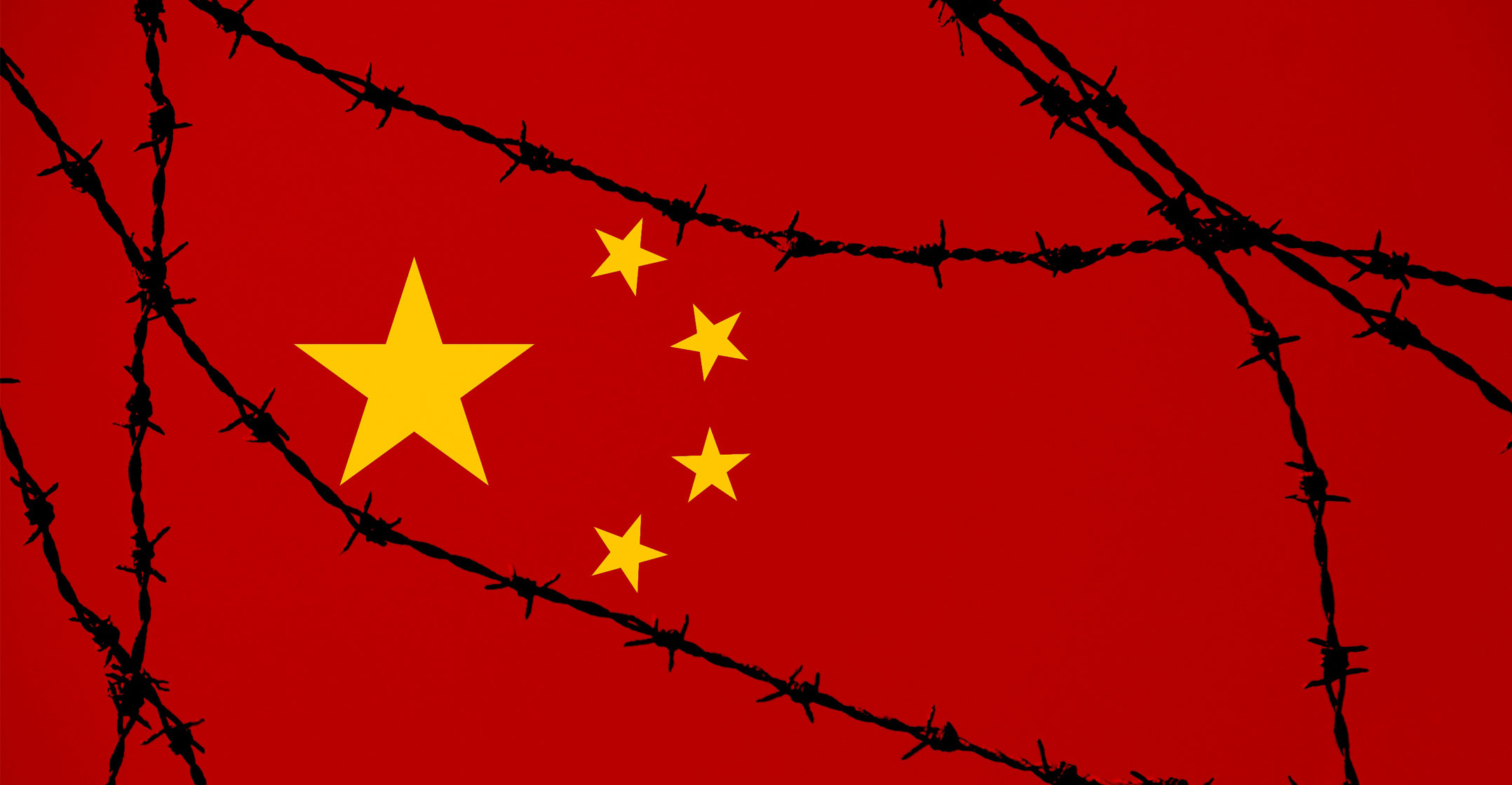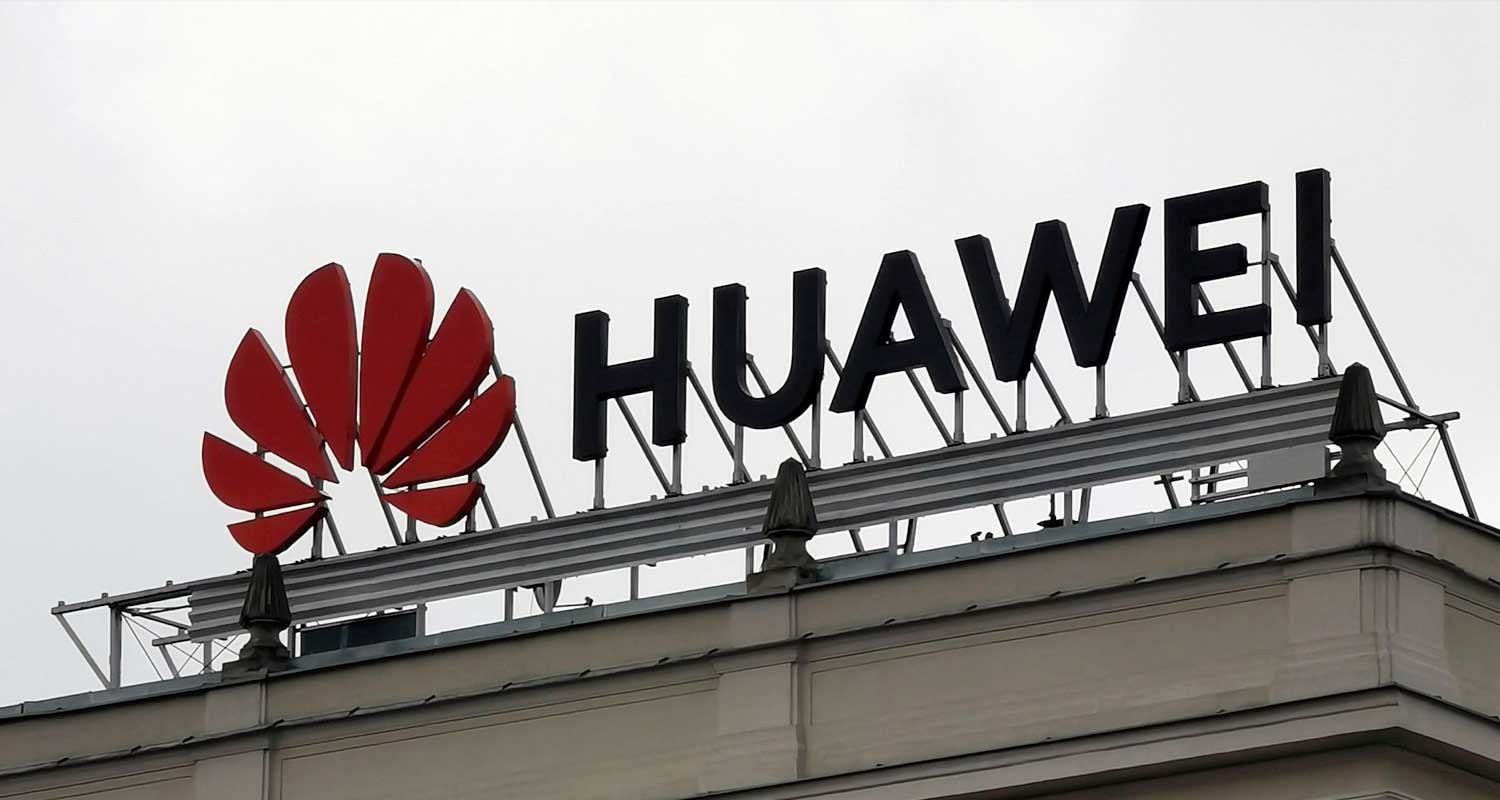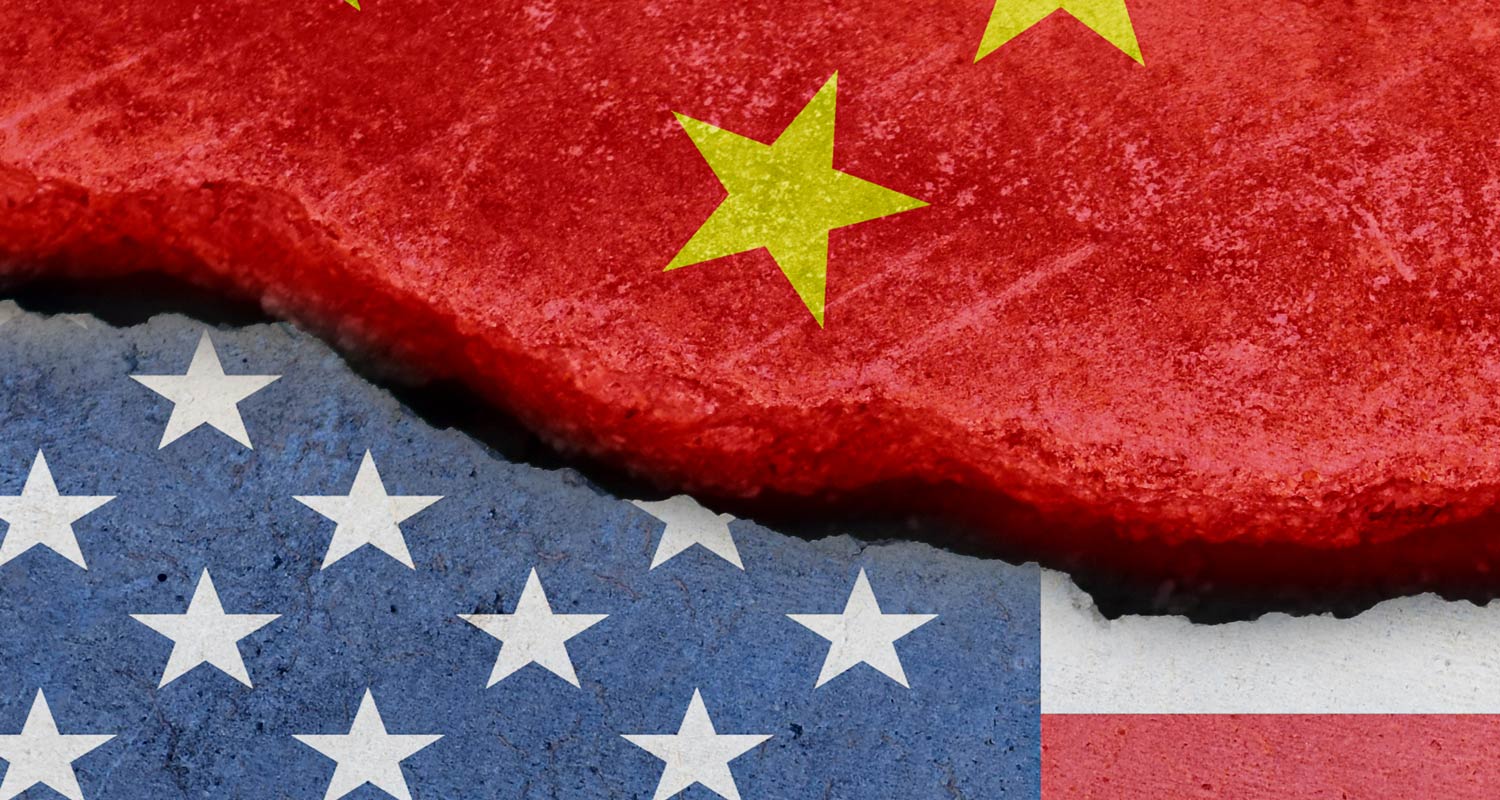 China has stepped up spending to replace Western-made technology with domestic alternatives as Washington tightens curbs on high-tech exports to its rival, according to government tenders, research documents and four people familiar with the matter.
China has stepped up spending to replace Western-made technology with domestic alternatives as Washington tightens curbs on high-tech exports to its rival, according to government tenders, research documents and four people familiar with the matter.
Details of tenders from the government, military and state-linked entities show an acceleration in domestic substitution since last year.
China has spent heavily on replacing computer equipment, and the telecommunications and financial sectors are probably the next target, said two people familiar with the industries. State-backed researchers also identified digital payments as particularly vulnerable to possible Western hacking, according to a review of their work, making a push to indigenise such technology likely.
The number of tenders from state-owned enterprises, government and military bodies to nationalise equipment doubled to 235 from 119 in the 12 months after September 2022, according to a finance ministry database. In the same period, the value of awarded projects listed on the database totalled C¥156.9-million, or more than triple the previous year.
While the database represents only a fraction of tender bids nationwide, it is the largest collection of state tenders publicly available and mirrors third-party data. China spent C¥1.4-trillion (R3.6-trillion) replacing foreign hardware and software in 2022, marking a year-on-year increase of 16.2%, according to IT research firm First New Voice.
But Beijing’s lack of advanced chip manufacturing capabilities prevents it from completely substituting products with alternatives that are entirely locally made, analysts say.
‘Technical chops’
Previous domestic substitution efforts stalled because China did not have the “technical chops to pull off localisation until now, and to a certain extent they still kind of don’t”, said Kendra Schaefer, head of tech policy research at Beijing-based consultancy Trivium China.
SOEs were instructed last year to replace office software systems with domestic products by 2027, the first time such specific deadlines were imposed, according to five brokerage firms that cited a September 2022 order from China’s state asset regulator. The order could not be independently verified.
Domestic replacement projects this year have targeted markedly sensitive infrastructure, the tenders show.
Read: Risc-V emerges as new front in US-China tech war
One partially redacted tender for a “certain government department in Gansu province” assigned C¥4.4-million to replace an intelligence-gathering system’s equipment, without providing specifics.
People’s Liberation Army units in the north-eastern city of Harbin and Xiamen in the south last December meanwhile issued tenders to replace foreign-made computers.

Tech researchers such as Mo Jianlei of the Chinese Academy of Sciences, the country’s largest state-run research organisation, said the Chinese government was increasingly concerned about Western equipment being hacked by foreign powers.
The state asset regulator did not return a request for comment.
Over the past year, state-linked researchers also called on Beijing to strengthen anti-hacking defences in its financial infrastructure due to geopolitical concerns. One March research paper highlighted the dependence of China’s UnionPay credit card system on US software firm BMC for settlements.
Read: Why WeChat wins (in China)
“Beware of security vulnerabilities in hardware and software set by the US side … build a financial security ‘firewall’,” the researchers wrote. BMC declined to comment.
An article published this year in the journal Cyberspace Security by researchers from the state-run China Telecommunications Corporation concluded the country was overdependent on chips made by US giant Qualcomm for backend management, as well as on the iOS and Android systems.
“They are all firmly controlled by American companies,” the researchers wrote.
As China has not signed World Trade Organisation clauses governing public procurement, the substitution effort does not appear to violate international accords, according to the US treasury. The US has implemented similar rules barring Chinese companies from public sector bids.
Qualcomm, Google and Apple did not immediately return requests for comment.
China’s effort to build an independent computing system dates back to at least its 2006 five-year plan for science and technology development, which listed the semiconductor and software systems sectors as national priorities.
China’s SOEs
This effort spawned state-owned companies that are increasingly winning major contracts. Two firms awarded the Harbin tenders were subsidiaries of China Electronics Corporation and China Electronics Technology Group Corporation — both heavily targeted by US sanctions.
The state regulator’s 2022 order pushed SOEs away from US companies such as Microsoft and Adobe, according to an employee of a Beijing-based firm that develops domestic office-processing software.
China Tobacco, for example, in July began switching some subsidiaries from Microsoft Windows to Huawei’s EulerOS, according to an employee of a software vendor that services the state-owned manufacturer. The people spoke on condition of anonymity because they were not authorised to discuss clients and competitors.
Read: China’s Baidu claims it’s caught up with ChatGPT
For years, Western tech companies have shared their source code and entered into partnerships with domestic firms to address Beijing’s concerns, but prominent computer scientists such as Ni Guangnan of the Chinese Academy of Engineering have said such measures are not sufficient for China’s security needs.
China Tobacco, Microsoft and Adobe did not respond to requests for comment.
 In September, Reuters and other outlets reported that some employees of central government agencies were banned from using iPhones at work.
In September, Reuters and other outlets reported that some employees of central government agencies were banned from using iPhones at work.
“In certain sectors, customers … are opting for domestic suppliers, with foreign suppliers frequently facing informal barriers,” the European Union Chamber of Commerce in Beijing said in response to questions.
In a 2023 American Chamber of Commerce in Shanghai report, 89% of the organization’s tech business members named procurement practices favoring domestic competitors as a regulatory obstacle. It was the highest percentage of any sector.
Read: Nvidia’s RTX 4090 graphics card caught up in US-China trade war
AmCham Shanghai president Eric Zheng acknowledged China’s national security concerns but said he hoped “normal procurement procedures will not be politicised so that US companies can compete fairly and pursue commercial opportunities … to benefit both countries”.
The US department of commerce, China Electronics Corporation and China Electronics Technology Group Corporation did not return requests for comment.
Despite heavy spending on domestic substitution, foreign firms are still dominant suppliers for banking and telecoms database management.
Chinese tech conglomerate Huawei has emerged as the leading firm in this replacement cycle, according to three people familiar with China’s enterprise tech industry, who spoke on condition of anonymity given the sensitivity of the issue.
In 2022, Huawei’s enterprise business, which includes software and cloud computing operations, reported C¥133-billion in sales, up 30% on the previous year. One of the people said privately held Huawei was seen as more nimble than state-owned groups in rolling out products and executing projects. The other two sources highlighted Huawei’s broad product suite — spanning chips to software — as an advantage.
Clients also prize Huawei for its ability to process data on internal company servers and external cloud networks, as well as its wide offering of cybersecurity products, according to the employee of a China Tobacco tech supplier.
Read: China targets Foxconn, a key iPhone assembler
Huawei declined to comment.
The replacement drive has redrawn entire subsectors of the software industry. The combined China market share held by five major foreign makers of database management systems – the majority of which are American — dropped from 57.3% in 2018 to 27.3% by the end of 2022, according to industry group IDC.
Database technology
Despite heavy spending on domestic substitution, however, foreign firms are still dominant suppliers for banking and telecoms database management. Non-Chinese companies held 90% of market share for banking database systems at the end of 2022, according to EqualOcean, a tech consultancy.
Financial institutions are generally reluctant to switch database systems despite government pressure, said one of the industry sources, adding that they have higher stability requirements than many other sectors and local players cannot yet match their needs.
Even for PCs, banks that switch from an international brand to China’s dominant supplier Lenovo would still be reliant on critical chip components provided by Western firms, one of the industry sources said. — (c) 2023 Reuters

